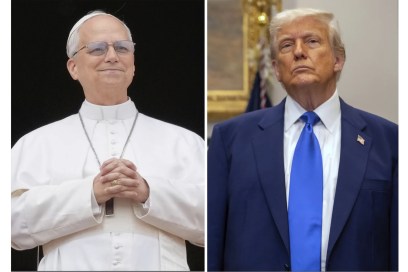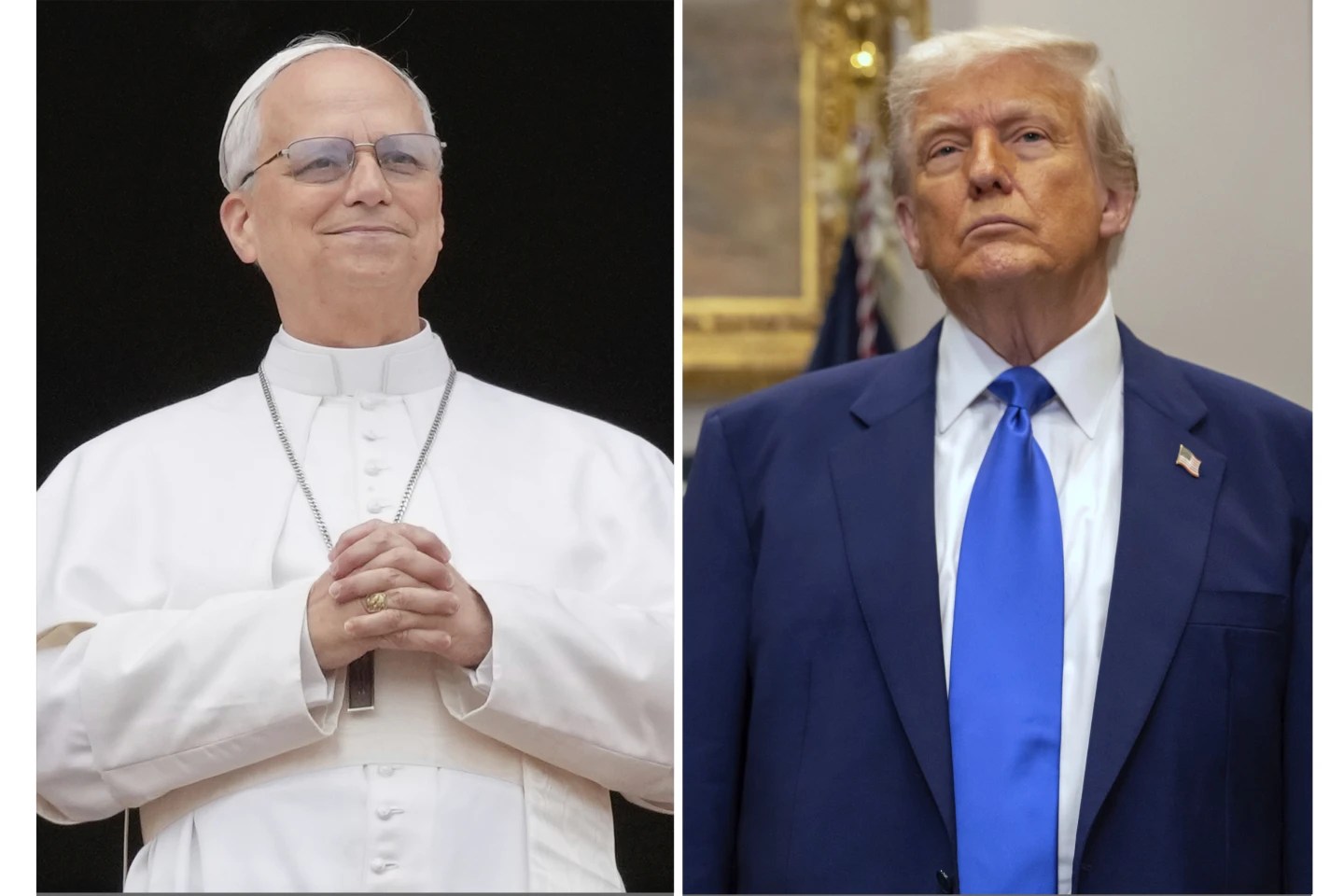Today’s post is from guest contributor James E. Porter. Professor Porter (PhD, University of Detroit) is a professor at Miami University (Ohio), where he teaches courses in rhetoric, ethics, and technology. His interest in Catholic theology, arising from his Catholic education and background, focuses on the alignments between the Gospel message, Catholic doctrine, and contemporary culture.
The Church began in the first century as a radical sect, offering a different vision of the world (caritas, love for all) in stark contrast to the Roman Empire (potestas, power). But when the Roman Empire collapsed, the Church was left to pick up the pieces. It became, according to Fintan O’Toole (2025), “the inheritor of the Roman Empire’s bureaucratic system of command and control.” The Church also inherited, I would add, many of the Empire’s patriarchal assumptions about women, gender, and sexuality.
In many respects, the institutional Church has not much altered its reliance on the Roman system. When we look at the 2025 conclave of 133 cardinals (all male) convened to elect the new pope, it doesn’t look all that much different from the gathering of 200 or so bishops (all male) that Emperor Constantine convened at the Council of Nicaea in 325 CE. On the other hand, we can certainly see some changes in attitude, if not structure or doctrine.


Pope Leo XIV and President Donald Trump
The question many are asking now is whether Pope Leo XIV will lead the Church in a new direction, particularly in regards to attitudes toward gender and sexuality, the role of women, and acceptance of LGBTQ+ persons. What we see so far in Leo is what we saw in Francis: a different persona from past pontiffs, a more humble, less imperious pope willing to reach out on a personal level and be welcoming to all of us (“todos, todos, todos”)—but without doing very much to change the institutional structures or official doctrines of the Church. That change of persona is not enough—but it is not unimportant. Especially now.
Currently we have a new persona at the head of the U.S. government: an imperious, authoritative, anti-democratic president who is very much changing the institutional structure of the government, first by disabling much of it—at least those pieces he despises or doesn’t understand—with the intention, probably, of reconstructing the rest of it to serve his own purposes. We are already seeing institutionalized and legalized hatred toward and erasure of rights for trans people including the erasure of the X gender option on U.S. passports and the dismissal of trans military personnel. And it is not unreasonable to fear that worse is coming; e.g., the loss of the right to same-sex marriage, even the criminalization of public displays of queerness. Imperialistic is one adjective we could use to describe this philosophy of governing; fascistic is another.
Many observers view the election of Pope Leo, the first American pope, as an explicit rebuke of the decidedly unhumble and anti-trans Emperor Donald. The papal legacy of Francis—and, we are hoping, of Leo—is one that values humility and integrity; that builds upon the principles of Rerum Novarum (1891) and Vatican II; that emphasizes the dignity of each and every human person and care for immigrants, the poor, the sick, and the marginalized; and that values a process of synodality based on prayerful discernment and engagement with diverse voices. It is this set of virtues and traits that ultimately does support the rights and dignity of LGBTQ+ persons, even if the Pope hasn’t yet said that explicitly. Unfortunately (and inconsistently), some Church leaders, like the USCCB, have even said the opposite,e.g., endorsing Trump’s binary definition of gender and his anti-trans executive order.
The institutional Church is slow to change—an understatement there. But the personae of Popes Francis and Leo, as well as the values they espouse, are an important change—and, especially now, a vital counterweight to the forces currently running the U.S. government and, it seems, trying to refashion it as a new Roman Empire. We desperately need this counterweight. In this respect at least, we should look to Leo as an ally in the struggle for basic decency, for human rights and human dignity.
This struggle must certainly include respect for and recognition of the rights of LGBTQ+ persons—and Leo and the Church will need to take that vital next step: i.e., explicitly making institutional practices and policies toward LGBTQ+ persons commensurate with the principles they claim to represent, following through to enact the caritas mission of the Church. The welcoming persona, while encouraging, is ultimately not enough.
—James E. Porter, Miami University, June 12, 2025
Related
